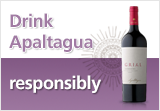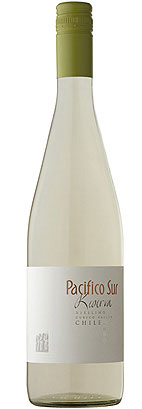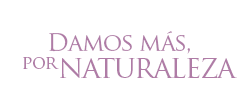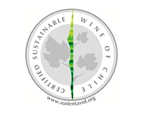
![]() Please consider the environment before printing this page
Please consider the environment before printing this page


This noble variety from Germany is one of the most important on the global level. The best results come from cold areas. In Chile, Riesling is cultivated principally in the coldest valleys to the south of Santiago. Color: Pale yellow, clean and bright. Nose: A fresh and, at the same time, perfumed nose, full of fruit, citrus and floral aromas, highlighting notes of grapefruit, lime, apple and apricot, while delivering subtle notes of caramel, which lends to its complexity. Mouth: In the mouth it is fresh, fruity, and well-balanced, with good acidity and smoothness, with great mid-palate, mineral qualities, and a dry touch.
Variety: Riesling
Appellation: Curicó Valley
Winemaker: Carolina França
Winemaker Consultant: Juan Carlos Faúndez
Bottled: At The Estate
Vineyards
This Riesling comes from our mountain range vines, which are at an altitude of 500 meters above sea level, in the area of Rio Claro in Talca. The vines are 13 years old, and are planted on trellises in soil that is composed of clay and loam, ideal for the production of white grape varieties, and Pinot Noir. Our entire vineyard is carefully tended with affection and with respect for the natural surroundings. The yields are controlled, and production is approximately 10-12 tons per hectare.
Climate
The vineyards are situated at the foot of the Andes Mountain Range, and separated from the ocean by the Coastal Mountain Range. In this area, there are pronounced temperature differences between night and day, with an average temperature of 14°C (57°F). The valley has a Mediterranean-style climate, with cold, rainy winters and hot, dry summers. The average rainfall is 700 mm, and in the summer, temperatures can reach 30°C (86°F). Rio Claro is characterized by its cold and windy conditions, which allows for a slower maturation of the grapes, which in turn results in greater acidity, a crucial factor for quality wines.
Vinification
Our grapes are harvested by hand in April when they have reached optimal maturity, and are transported in bins of 350 kilograms so that the clusters are not crushed, thus preserving the organoleptic quality of the grapes. The grapes then undergo maceration at low temperatures for 12 hours. Subsequently, the juice is separated from its skins and strained to obtain a clean fermentation. Next, the must is fermented in tanks of stainless steel for 20 days, with selected yeasts at temperatures ranging from 15°-16°C (59°-61°F). An additional aging with the fine lees is done in stainless steel tanks for an additional 2-3 months to reinforce the structure and aromas. Finally, the wine is bottled and launched onto the different markets.
Notes from the winemaker
This noble variety from Germany is one of the most important on the global level. The best results come from cold areas. In Chile, Riesling is cultivated principally in the coldest valleys to the south of Santiago. Color: Pale yellow, clean and bright. Nose: A fresh and, at the same time, perfumed nose, full of fruit, citrus and floral aromas, highlighting notes of grapefruit, lime, apple and apricot, while delivering subtle notes of caramel, which lends to its complexity. Mouth: In the mouth it is fresh, fruity, and well-balanced, with good acidity and smoothness, with great mid-palate, mineral qualities, and a dry touch.


